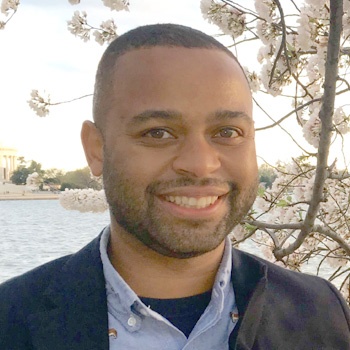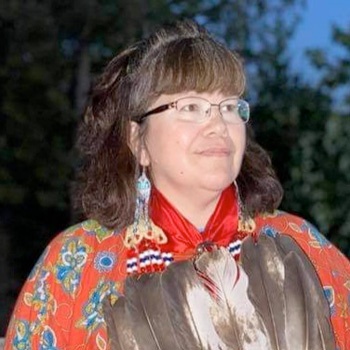MLK Visiting Professors and Scholars Farewell Celebration
MLK Visiting Professors and Scholars Farewell Celebration
20 May 2021 | 12 PM EST | Virtual

Join us for a virtual send off for our 2020-2021 AY cohort of MLK Visiting Professors and Scholars!
This year, MIT hosted a record number of MLK Visiting Scholars from a wide range of universities and institutions. Even with the challenge of remote learning and limited in-person contact, our scholars have found innovative ways to engage with the MIT community.
As the year draws to a close, please join us in sending off our virtual cohort - celebrate their accomplishments at MIT, learn about what's next in their scholarly journeys, and importantly - share a meal together courtesy of UberEats. Sign up when you register!
We'll also announce the incoming scholars for the 2021 - 2022 AY!
REGISTER HERE
Once again, thank you to all our MLK Scholars:
Moya Bailey held the first ever Black Feminist Health Science Studies Symposium, highlighting the necessity of incorporating social justice into medical science. She also released a book, Misogynoir Transformed, talking about the creative ways black women use social media to combat misogynoir.

Valencia Joyner Koomson '98, MNG '99, will be staying on through December 2021 with the Department of Electrical Engineering and Computer Science. She'll be joining us to welcome her new visiting colleagues on Thursday. Read more about her research here.

Jamie Macbeth spent his two-year visit in MIT’s Computer Science and Artificial Intelligence Laboratory (CSAIL) as a valuable member of the Genesis group, a research team mainly focused on building computer systems and computational models of human intelligence based on humans’ capability for understanding natural language.

Ben McDonald has spent the last two years with the Swager Lab, developing designer polymers for chemical warfare-responsive membranes and surfactants to control the function of dynamic, complex soft colloids. Ben will be heading to Brown University in the fall.

Luis Gilberto Murillo-Urrutia was hosted by MIT's Environmental Solutions Initiative (ESI) focusing on the intersection of peace and security with environmental conservation, particularly in Afro-Colombian territories. He spoke about the vanishing Amazon rainforest, climate justice, and more.

Charles Senteio was uniquely poised to study community health informatics during the pandemic. He spoke about vaccine hesitancy, and health inequity, saying: "If we come out of this pandemic with a heightened awareness and understanding of how people’s lived experience exerts influence on their perspectives and health behaviors, then that might help result in some measure of good."

Thomas Searles was not only awarded tenure at Howard University, but the inaugural National Society of Black Physicists Joseph A. Johnson III Award for his leadership in growing the participation levels of rising HBCU scholars in cutting-edge quantum research. He also became the director of a new academic partnership between IBM and 13 other HBCUs called the IBM-HBCU Quantum Center.

Patricia Saulis, when she wasn't working with AISES, NASA, and Writing & Comparative Media Studies, explored "Two-Eyed Seeing," or "the practice of applying more than the Western way of knowing to climate issues — allowing for another vision, another sight to be used to see what is happening and to address the impacts." She also helped celebrate MIT's first Indigenous Peoples Day.
